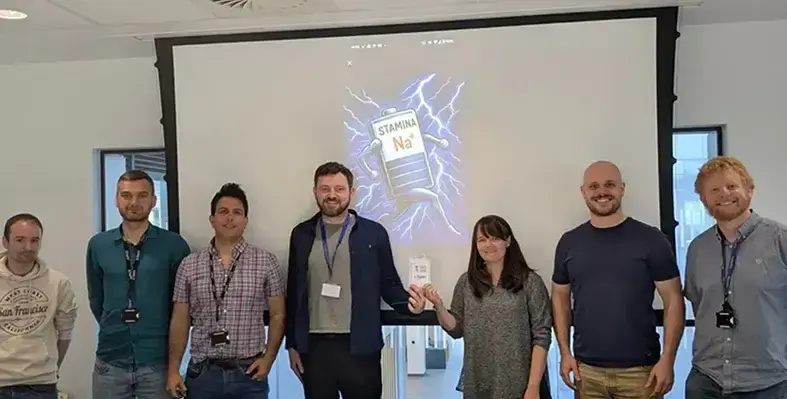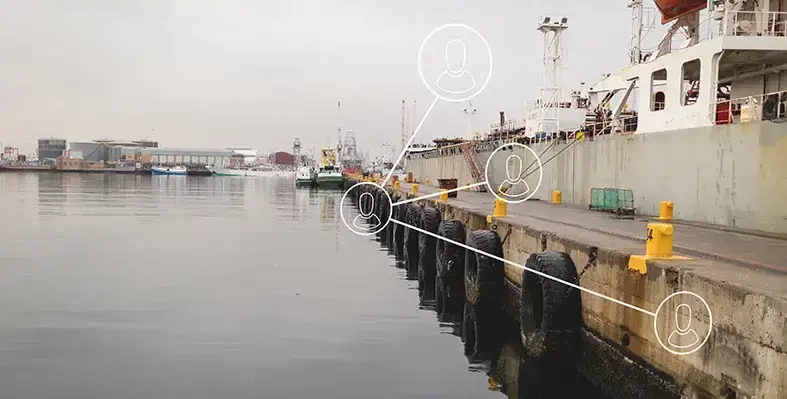
Nokia teams up with AFR-IX Telecom to deliver high-speed digital connectivity via Medusa subsea cable system
Nokia has announced its role in powering the Medusa submarine cable system, a large-scale infrastructure project owned by AFR-IX Telecom
The new subsea fibre-optic network will link the Atlantic Ocean, the Mediterranean Sea, and the Red Sea—creating a high-capacity digital corridor that is set to enhance connectivity, spark innovation, and drive economic progress across the connected regions.
The Medusa subsea system aims to reduce the digital divide between Europe and North Africa by offering high-capacity fibre connectivity to countries including Morocco, Algeria, Tunisia, Libya, and Egypt. Built as an open-access cable network, Medusa will allow regional telecom operators to access advanced data services, supporting the expansion of 5G networks, the rise of cloud-based systems, and growing bandwidth needs driven by artificial intelligence and next-generation technologies.
Using Nokia’s 1830 GX Series platform and its advanced ICE7 coherent optics, the system will deliver tens of terabits per second per fibre pair—ensuring high-speed, low-latency connectivity with efficient performance in both cost and power usage.
“Medusa is laying the groundwork for a more connected and inclusive digital future. With Nokia’s subsea optical solution, we will be able to deliver greater value to our customers by offering faster, more reliable connectivity at a lower cost, with the flexibility to scale as needs evolve. This partnership ensures we meet the demands of today while building a strong, future-ready infrastructure for tomorrow,” said Miguel Angel Acero, chief technical officer and founder of Medusa.
“Medusa is helping to deliver new, faster and more reliable connectivity to millions of people, opening the door to greater innovation and deeper integration into the global digital economy. At Nokia, we’re proud to support this transformative project, bridging continents and enabling the future of an AI-driven society,” said John Harrington, senior vice-president & head of NI Europe, MEA & APAC Sales at Nokia.















